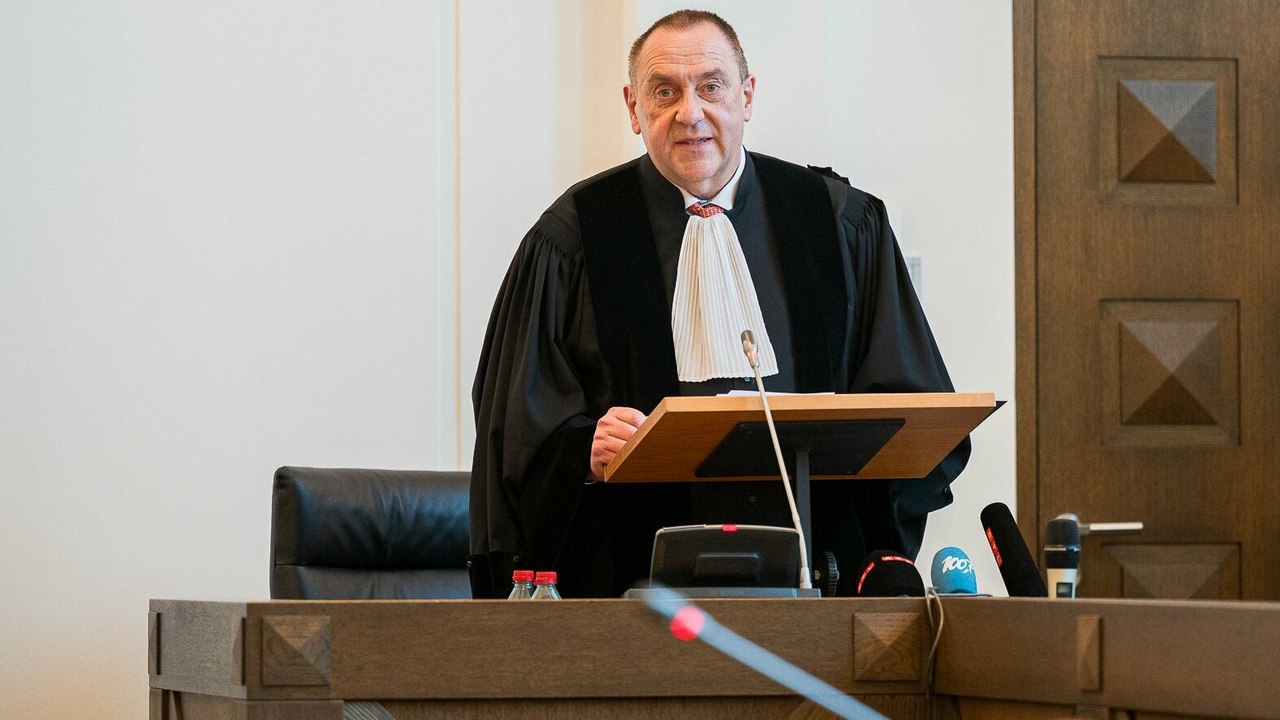Luxembourg’s new Prosecutor General John Petry has warned the judiciary must safeguard its impartiality while addressing critical gaps in economic crime enforcement and digital modernisation.
John Petry was formally installed as Luxembourg’s State Prosecutor General on Thursday, having assumed the role on 1 February. During his inaugural address to political and judicial representatives, Petry examined the judiciary’s preparedness amid growing global challenges to democratic norms.
Against the backdrop of rising authoritarianism worldwide, Petry assessed Luxembourg’s judicial resilience as part of the government’s broader strategy development. “We are well positioned following the 2023 constitutional reform”, he stated, characterising current threats to rule of law in Luxembourg as largely theoretical. “This is preparatory work – just in case.”
The Prosecutor General acknowledged the delicate balance between judicial independence and political cooperation, particularly regarding budget allocation. While expressing openness to potential budgetary autonomy, Petry noted: “the current system functions adequately. The government has consistently provided requested resources.” He contrasted this positively with situations in neighbouring countries.
Luxembourg’s strong performance in international rule of law rankings featured prominently in Petry’s assessment. “There’s no immediate cause for concern in our jurisdiction”, he affirmed.
Prosecutor General John Petry stressed the judiciary’s fundamental duty to safeguard its impartiality, pointing to international controversies like the French court’s exclusion of National Rally leader Marine Le Pen from elections as cautionary examples. “Credibility remains our most vital asset – we must prevent any perception of politically influenced rulings”, he emphasised during his address.
Turning to domestic challenges, Petry identified three critical priorities for Luxembourg’s justice system. First, he called for enhanced investigative capabilities to combat economic crimes more effectively. Second, he underscored the urgent need to accelerate digital transformation across judicial operations. Third, he addressed the pressing staffing shortage, with 50 magistrate positions currently unfilled due to stringent qualification requirements.
The Prosecutor General expressed optimism about resolving the recruitment crisis, noting that parliamentary efforts to revise appointment criteria are already underway. “I am convinced that sooner or later we will find the necessary candidates”, Petry said.
